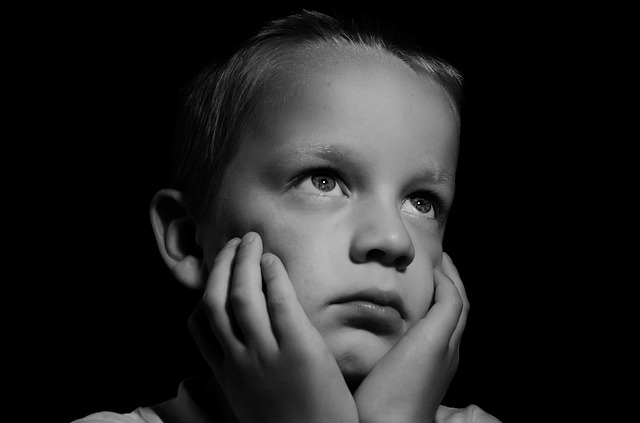When a child is dealing with a bereavement in the family this can be a very upsetting time for them. Young children don’t know how to express their emotions and deal with the loss. Practitioners should support both the child and family, depending on children’s age and stage the child may be very open and exchange conversation. Whereas other children may close up and become very quiet and withdrawn. For practitioners it’s about noticing the change in the child’s behaviour and looking at ways to help the child deal with the bereavement.
Practitioners have a professional role in helping the children to understand their loss, keeping the child’s routine the same is important as children need their routine and this may help reduce their anxiety.
Some practitioners think that children are too young to understand about loss, however young children notice when a loved one is not around anymore. Children will start asking questions about where the particular person is, it is always best to try and answer these questions as sensitively as you can. Always communicate with the child’s parent or carer and explain how you are supporting the child in dealing with their bereavement.
The way in which children will respond to a loss depends on their age and stage of development and not all children display the same reaction. By supporting a child in a time like this will enable the child to feel safe and secure. Children may demonstrate and display their loss during their play, this is perfectly normal and should not be discouraged.
Ways to support children in the setting
- Share story’s appropriate for the child’s age around this topic
- Have puppets and dolls in the role play area for children to use to express themselves.
- Some children may express their emotions through mark making and painting
- Talk about emotions during circle time
- Make some emotion pebbles and talk about how each one is feeling.
“

